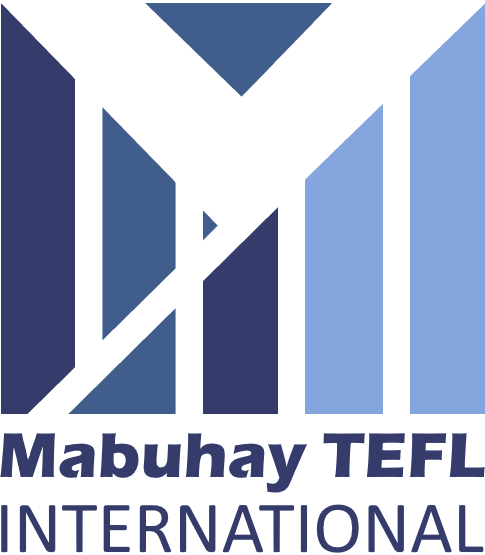120 Hour Teaching English as a Foreign Language Course
Unlock Your Global Potential
Teaching English as a Foreign Language (TEFL) opens doors to a world of possibilities, and our comprehensive 120-hour course is your key to success. Dive into a transformative learning experience designed to equip you with the tools, techniques, and expertise needed to thrive in the dynamic field of language education.

Comprehensive Curriculum, Lasting Impact
Our meticulously curated curriculum is structured into digestible modules and parts, crafted to provide an in-depth understanding of essential facets of TEFL. Every module is designed to build a strong foundation and practical skills for your teaching journey.
Experiential Learning: Real-world Insights
Experience firsthand the challenges and victories of TEFL through engaging content. Our course integrates video modules, quizzes, further reading, and assessments to offer a multifaceted learning approach, ensuring you’re well-prepared for the realities of the classroom.
Empowering Educators, Inspiring Futures
Whether you’re embarking on a new career path or enhancing your teaching skills, our TEFL course empowers you to make a meaningful impact. Join a global community of educators dedicated to fostering language proficiency and cultural understanding worldwide.
A Holistic Teaching Experience: Explore a well-rounded curriculum covering language teaching principles, lesson planning, and practical classroom techniques. This course provides a robust toolkit for educators aiming to excel in teaching English as a foreign language worldwide.
Benefits
Unleash Your Global Potential: Global Teaching Opportunities: Equip yourself with the necessary skills and accreditation to teach English abroad or online. This course opens doors to diverse teaching opportunities worldwide, enabling you to impact lives through language education.
Who Should Enroll
Ideal for aspiring educators, career changers, recent graduates, or experienced teachers seeking to enhance their teaching skills. Whether you’re starting your teaching journey or advancing your career, this course offers valuable expertise for teaching English as a foreign language.

120 Hour Teaching English as a Foreign Language Course
Designed to equip global educators with the essential skills and confidence, this 120 hour course offers a thorough foundation in language teaching methodologies, classroom management, English grammar and verb tenses, and effective language instruction for diverse learners across the globe.

